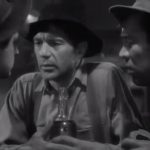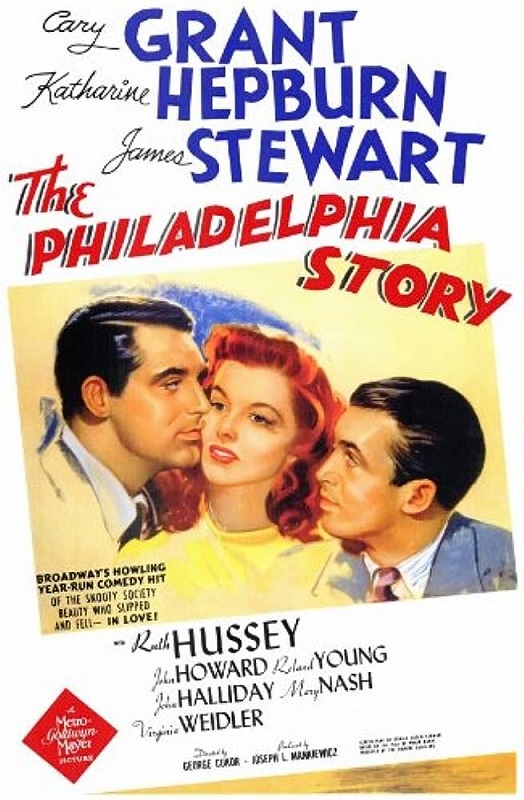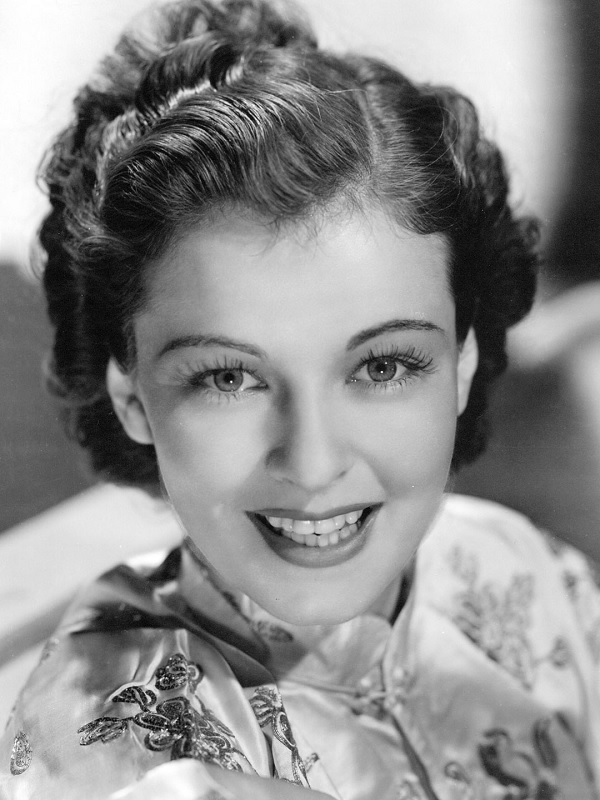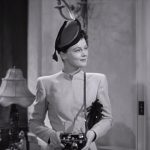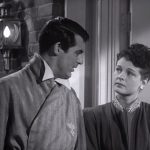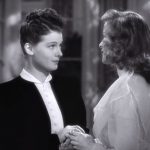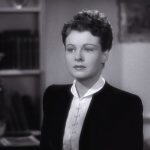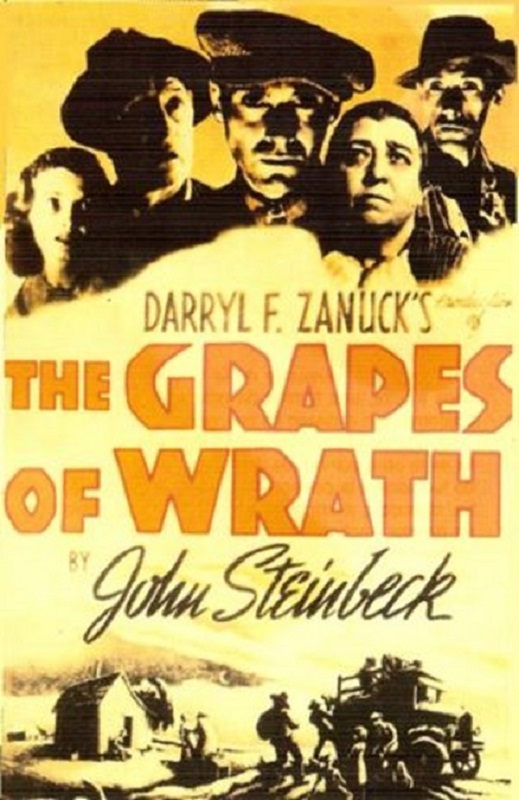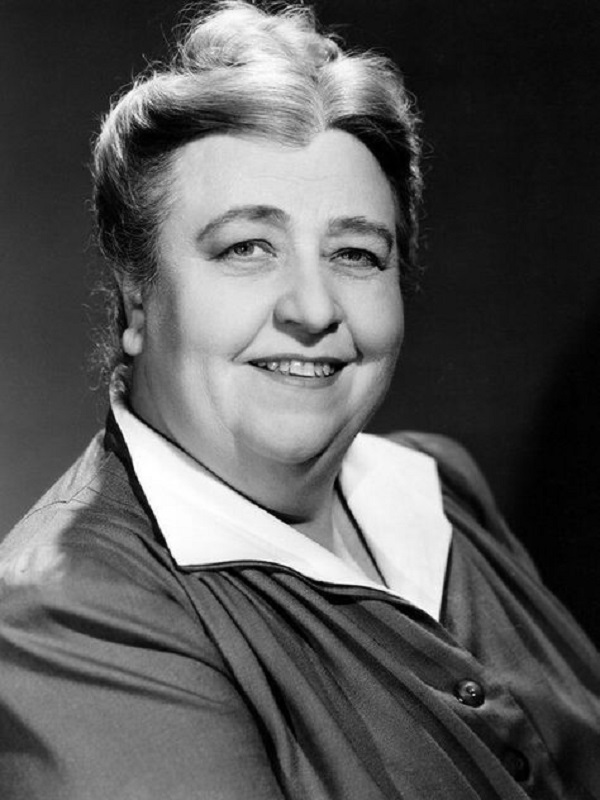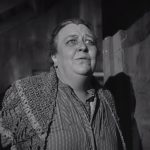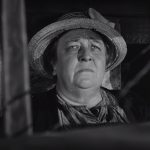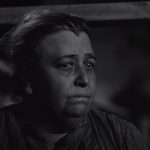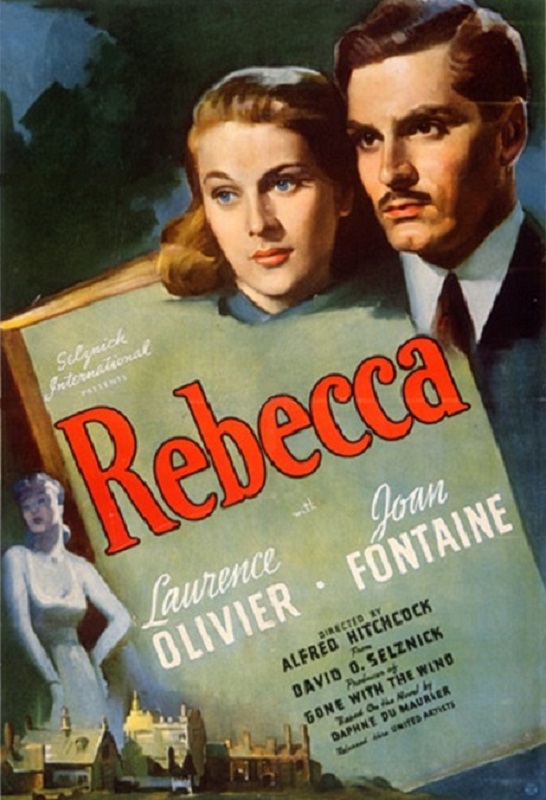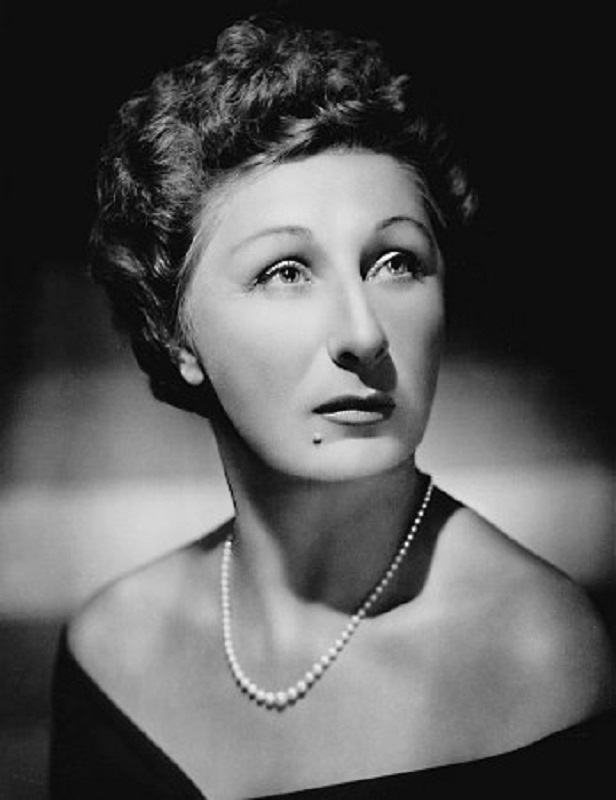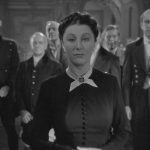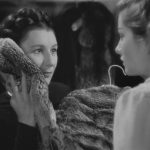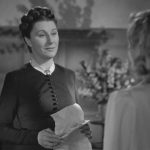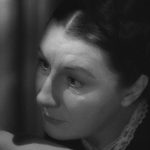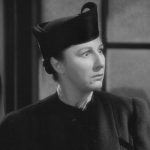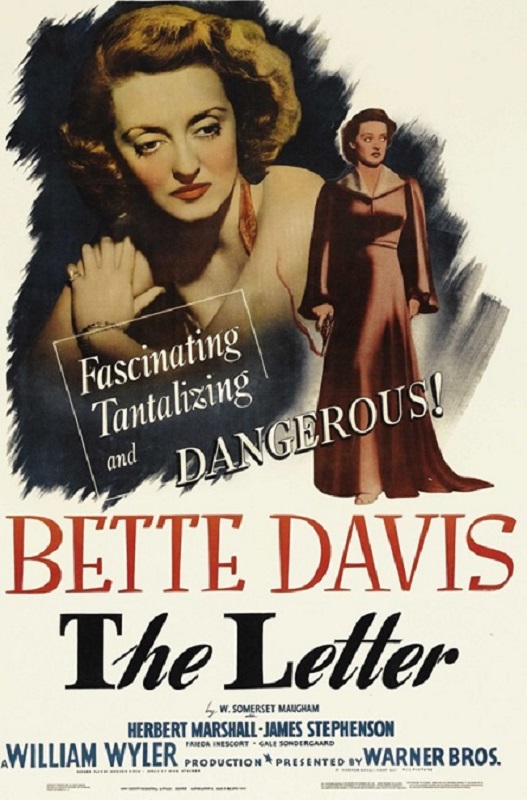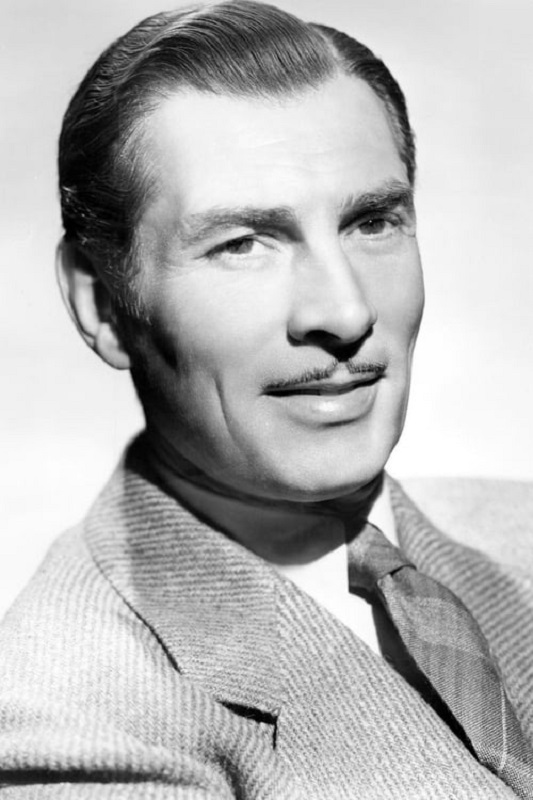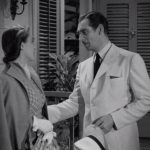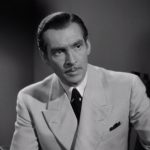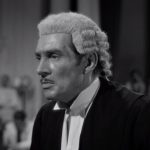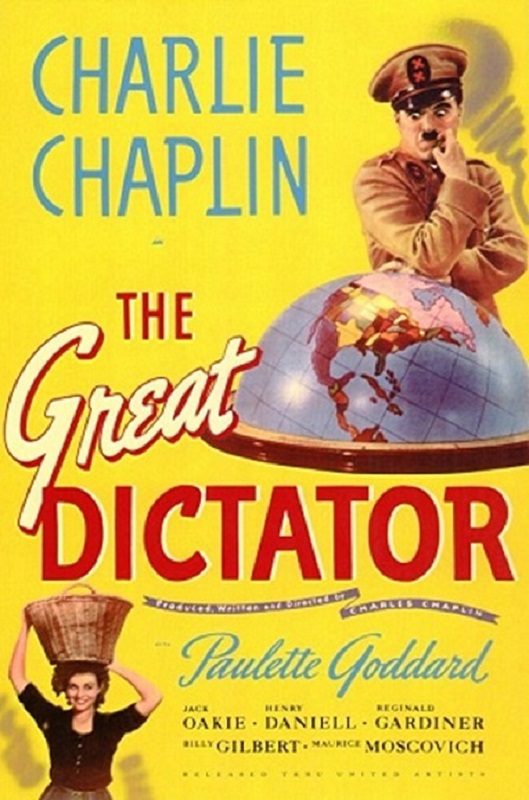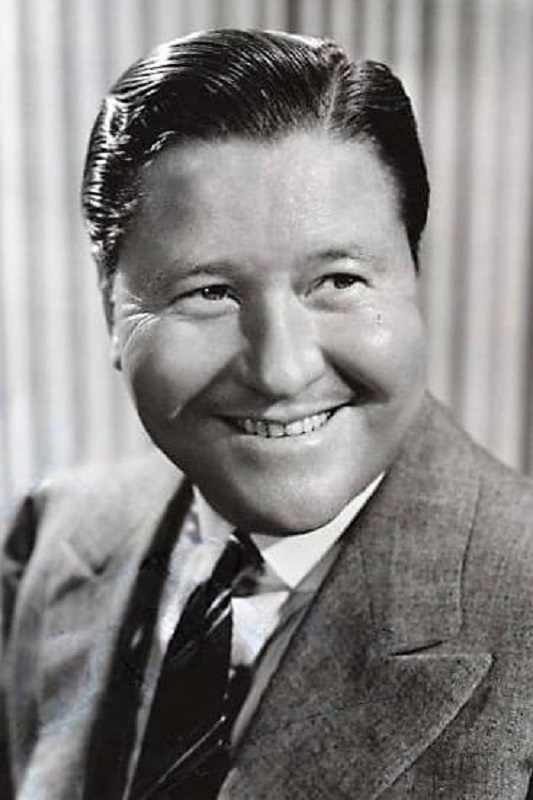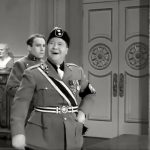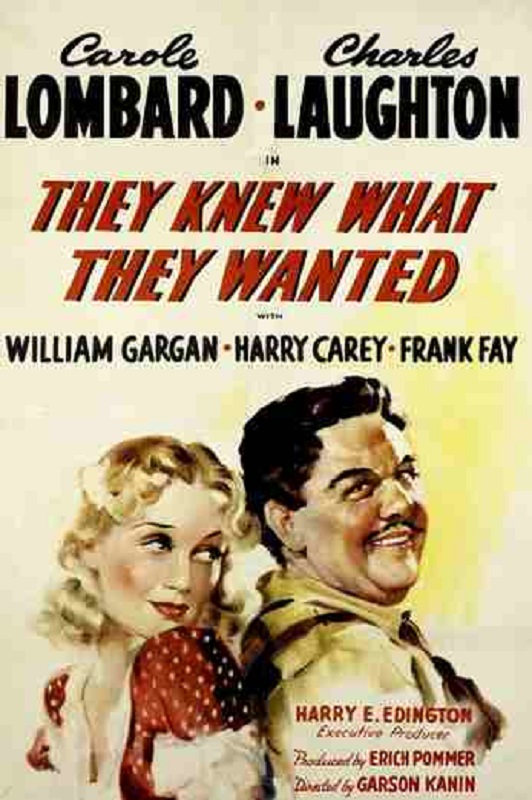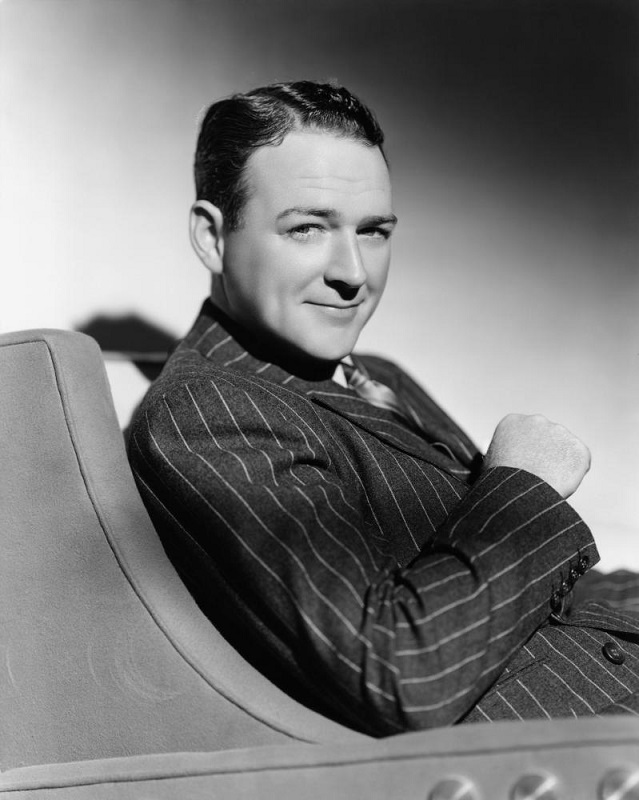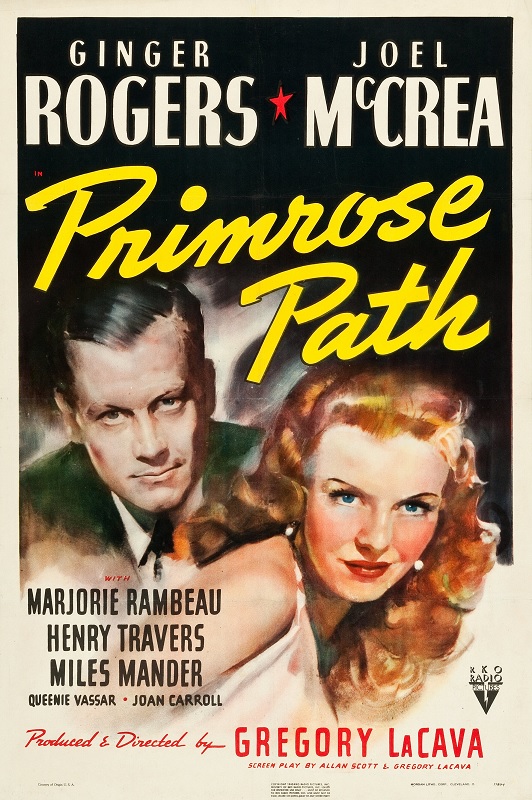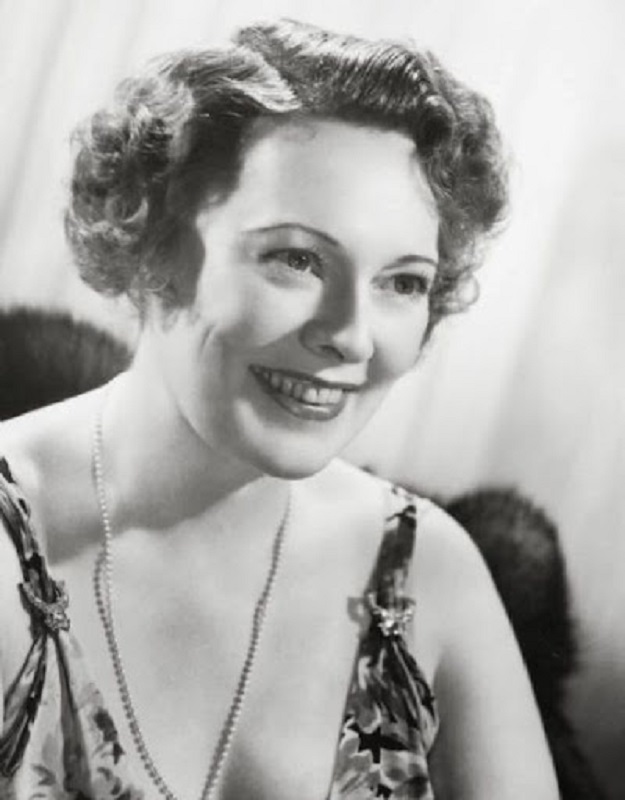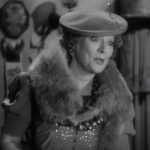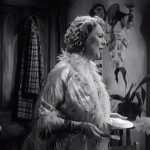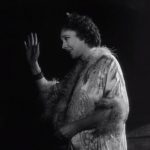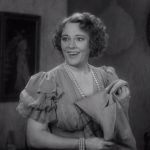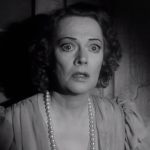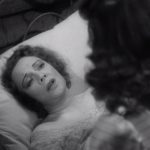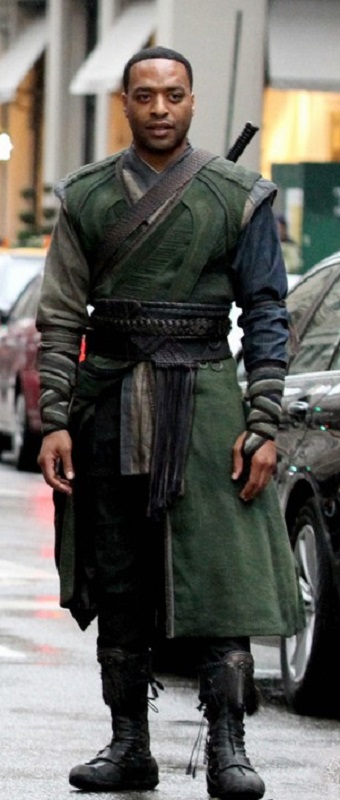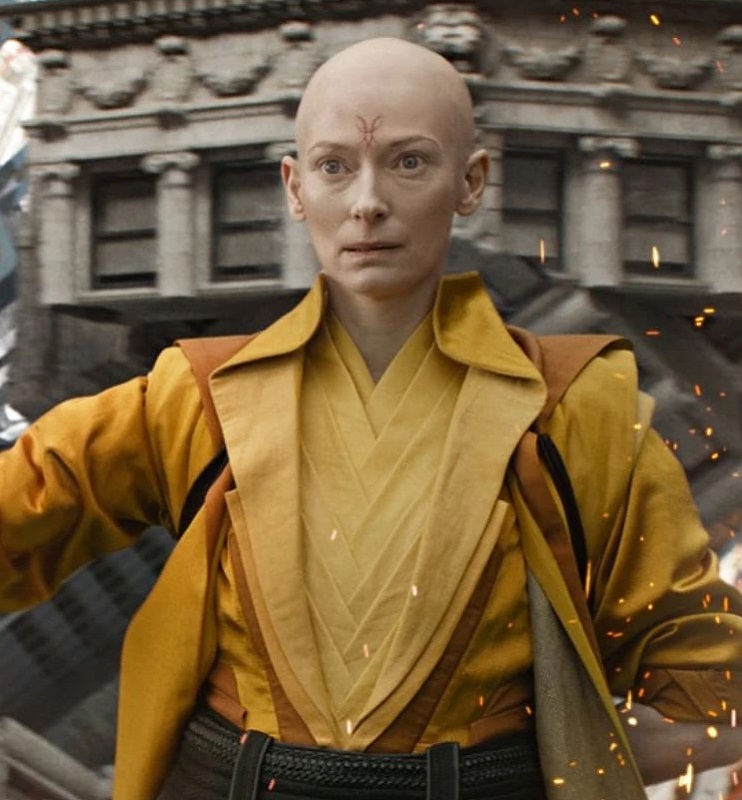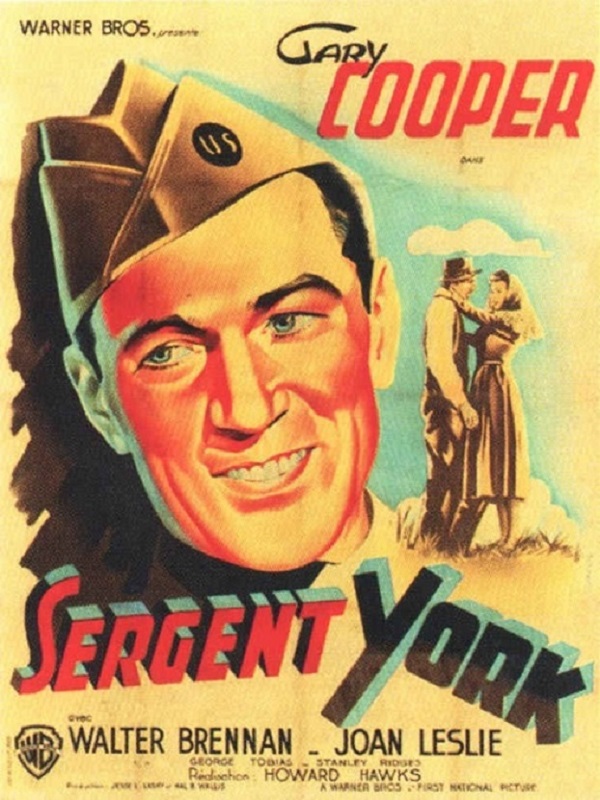
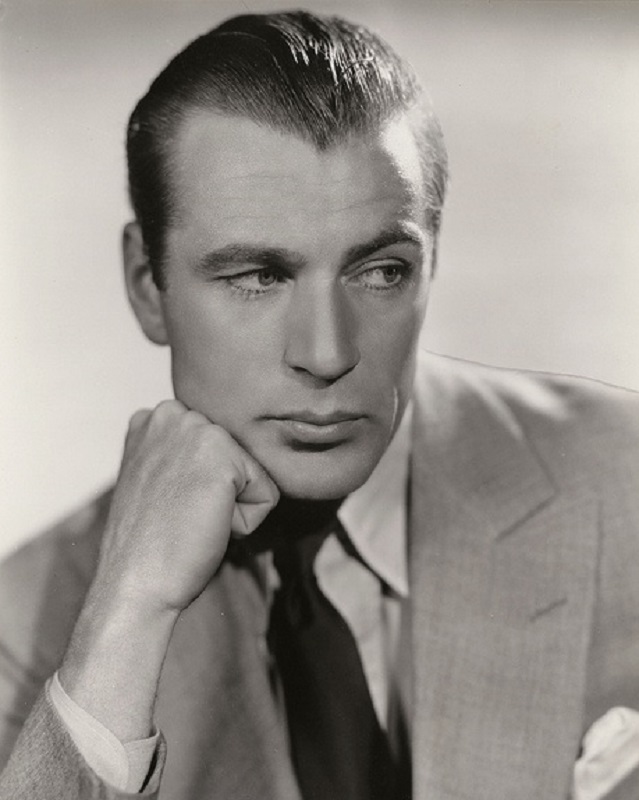

1941 – Gary Cooper
Sergeant York
I’m going to say something that I am guessing is an unpopular opinion. Was he a good actor? Good enough. Was he an actor with a wide range? Not so much. Cooper had a habit of choosing roles that were very homogenized. To put is plainly, he often played himself. But the thing was that everybody really liked who he was. He was a poster child for good clean American wholesomeness, and the audiences of the time responded to that persona with enthusiasm.
In this film, as one might guess, Cooper played an all American war hero. Aside from a slightly rough beginning, after which he made a decision to own a piece of property so he could marry his sweetheart, the character of Alvin York became a hard-working, honest and forthright man. After the land was bought out from under him, he found religion and became a mild-mannered saint with the innocence of a child, the same character he played in many of his films.
What made his character interesting to me was the idea that once he was drafted into the Army during WWI, he attempted to be a conscientious objector, refusing to kill based on his religious convictions. However, when in battle, he killed because it had to be done. I really liked how the character was written after that. The nation wanted to honor him with offers of money and fame. But he rejected it all because he had done something he wasn’t proud of. It was an interesting take on a war hero. Never-mind that he gladly accepted the land and the modern house that was gifted to him at the end of the movie. That property was still bought with the blood of German men, Sergeant! Oh well…
But the real question I have to ask here is this. Did Gary Cooper deserve the Oscar he took home for his efforts? I don’t know. Of the five nominees in the Best Actor category, I have only seen this and Orson Wells in Citizen Kane. I’d like to think that Wells probably should have been awarded the top prize, but that’s just me. Still, I have to follow my own rules. An acting Oscar is the marriage of a good actor and a well-written part. And those 1940s audiences really loved all those wholesome roles that Cooper so often played. Sergeant York was no exception.
